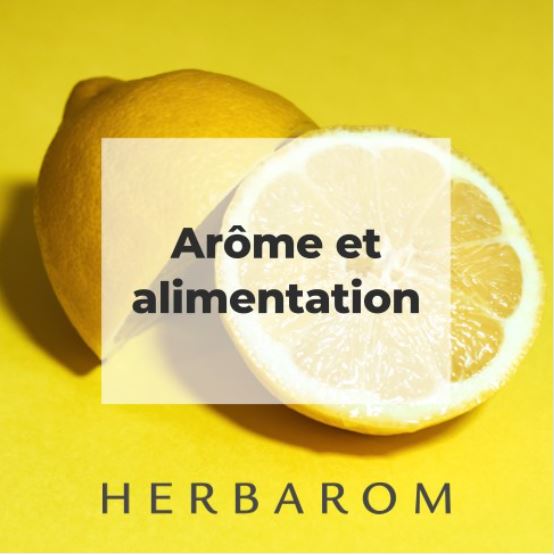
[#Flavourings & #Food] Did you know? France is the world's leading producer of natural flavourings 💙🤍❤
But what is a natural flavouring?
A flavouring can only be described as natural if the flavouring agents in its formulation are natural (e.g. mint extract, lemon essential oil, thymol, etc.).
Today, nearly 70% of flavourings produced are natural. 🌿
Various processes are available through which to capture these flavours, specific to the type of plant ingredient used.
The two main techniques used are distillation and extraction.
👉 This allows us to obtain:
✔️ essential oils
✔️ extracts
✔️ infusions
✔️ absolutes
The types and names of natural flavourings are defined in accordance with Regulation (EC) no 1334/2008. 📑
Let's take a look at natural lemon flavouring 🍋 :
✅ at least 95% of the ingredients making up the flavouring must be derived from lemon, such as: lemon extract, lemon essential oil or limonene
✅ the remaining 5% must be natural. They make it possible to adapt to consumers' tastes by offering a specific note or diversifying flavours (example: mint essential oil, linalool, etc.)
✅ if the flavouring contains more than 5% of natural materials other than lemon, it may be labelled "natural flavouring" without specifying "lemon"
With our expertise in the extraction and distillation of ingredients of plant origin, Herbarom can accompany you in your projects by offering natural food flavourings to enhance the flavour of your formulations.
*𝘚𝘰𝘶𝘳𝘤𝘦𝘴 : @SNIAA
Herbarom, taking inspiration from nature to transform your ideas into reality